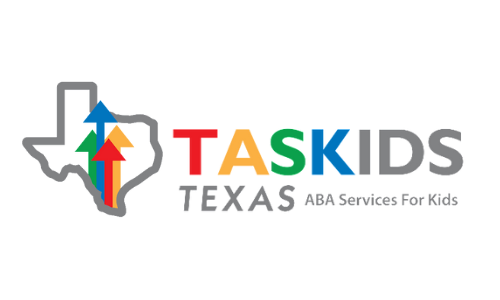By introducing these skills at an early age, they will gain the tools needed to increase self-esteem and overall happiness in their lives.
But firstly, what are daily living skills? Well, often referred to as “life skills”, daily living skills consist of self-care activities, cooking, shopping, organization and transportation. Life’s basics. The teaching of these skills start at home from an early age and develop further throughout their teenage years and eventually into adulthood.
These skills are critical. Each has a role in our daily lives, and are all equally essential. Categories of daily living skills include:
- Home skills
- Health and safety
- Self-determination
- Peer relationships, socialization and social communication
- Transportation
- Leisure
Let’s look at each one individually:
Home skills
As you may have guessed, these are routine, self-care tasks that most of us complete every day without assistance. These basic daily living skills include showering and bathing, dressing, eating, brushing teeth and using the toilet. All vitally important skills to have, but kids with autism may struggle to learn these skills and will need a helping hand.
Health and safety
Autistic kids are challenged with social interaction and communication, so it’s important they learn how to modify their behavior in certain situations to keep themselves safe. This includes:
- Responding to their name
- Safely giving personal information (reciting phone number or showing ID card)
- Finding a trusted adult if they get lost
- Crossing the street safely
- Waiting when necessary, like when getting out of a car
- Identifying boundaries, like not leaving the home or playground
- Water safety and swimming skills
Self-determination
These skills assist kids with autism in developing their independence, such as making decisions, setting goals and assisting in problem-solving, self-advocating and self-monitoring. Offering a wide range of choices to them, big or small, can help a kid with autism discover their preferences, interests, strengths and passions.
Peer relationships, socialization and social communication
These are skills that, if developed at an early stage, will set them up for life. Starting or holding a conversation. Understanding body language and facial expressions. Making and maintaining eye contact. Talking about subjects outside their comfort zone of interest. All highly essential capabilities in order to strive anywhere outside their comfort zone.
Transportation
Learning how to take the bus and when to get off is a prime example of transportation skills for kids with autism. It’s something most kids have to do, and as they get older, they’ll be taking public transport and will need to have a full grasp of the fundamentals. A teaching story can be helpful for kids with autism, as this can prepare them for what’s to come. Example: An interactive children’s book on how to take the bus.
Leisure
Like all children, kids with autism also need some time to themselves. These skills give kids with autism the ability to engage in activities such as reading, coloring, playing a boardgame, listening to music, playing with toys or watching a tv show. It gives them a chance to get to know themselves and develop as a human being with interests and passions.
But how can you teach these daily living skills at home? Well, you can try several strategies by following a general three-step approach:
- Assess their skills – Figure out the areas for improvement. This can help you identify the goals you need to set for them.
- Teach new skills in a supportive way – Visual aids, charts and checklists provide heaps of support when working on new skills.
- Practice, practice, practice – Practice makes perfect (well, almost). Create fictional scenarios at home. Use storytelling. Practice at home before they do it for real. It will make them feel more prepared and comfortable when the time comes.
Daily living skills play an essential role in our lives. Every child with autism is different, so the skills that will be taught, and the pace of these teachings, will vary from child to child. For example, one kid with autism may be able to stay home alone with little to no support, while another may require a watchful eye 24/7.
Developing these skills at a young age will make a significant difference as they get older, because these skills are necessary for them to go out into the world and face it head-on.
Daily living skills are the building blocks to their lives – they just need a little help laying the foundation.

About Taskids Texas:
As the leading ABA provider in the Dallas and Fort Worth area, we provide individualized treatment plans using a spectrum of scientifically validated therapies. We pride ourselves on our ability to tailor each treatment plan to the individual needs of our patients. We help children and adolescents with Autism and other Developmental Delays reach their goals.
Contact Us to start ABA therapy services

